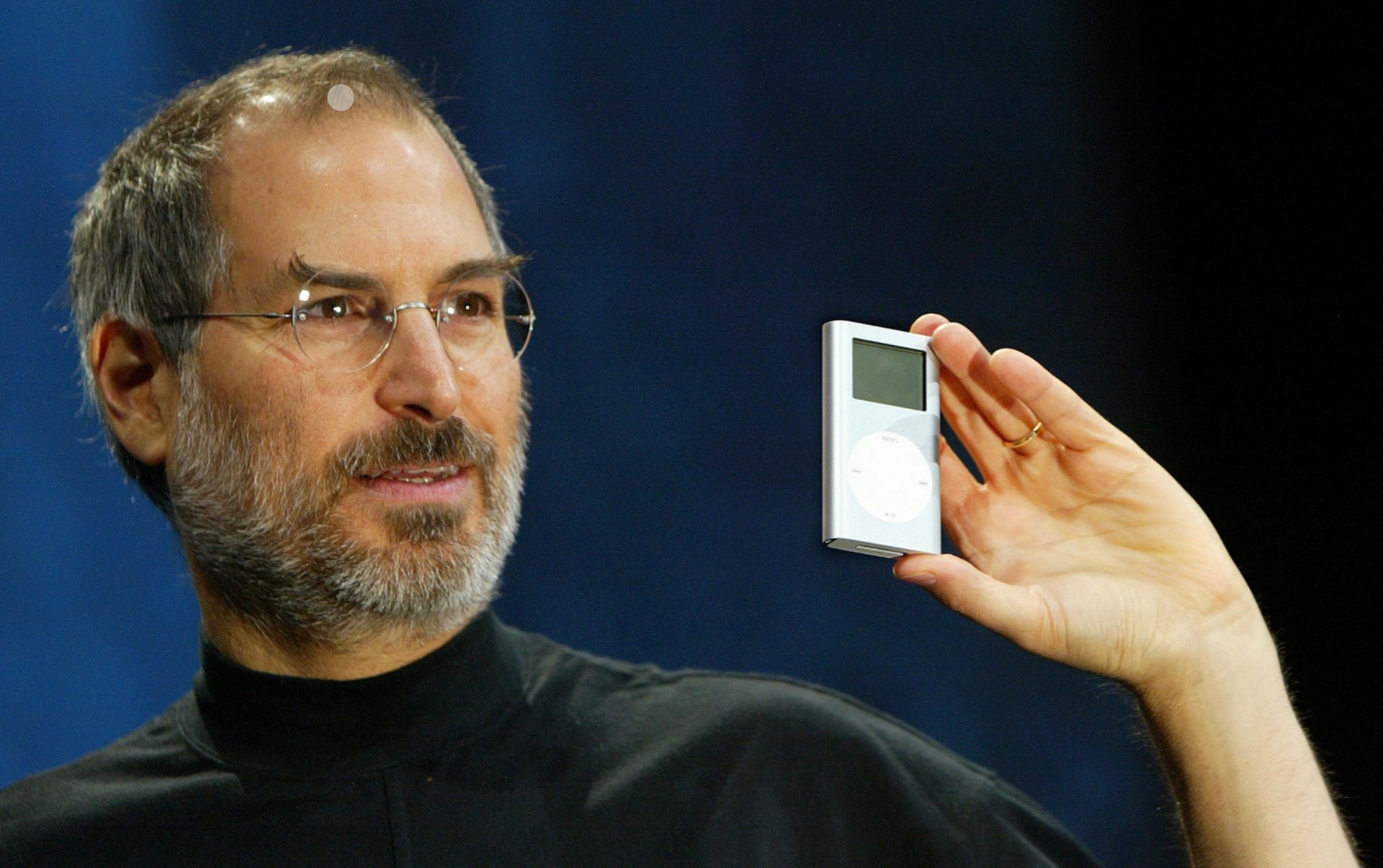The iPod is a symbol of Apple’s past and of an elegant device that did one thing very well. Today’s trends for mainstream technology are to do everything quite well. I have previously argued that the iPad is so powerful because it is so flexible; it can be whatever device the user wants it to be. But power often means complexity, and complexity means distraction. This is why I believe it is time for a new iPod.
The Amazon Kindle is not a particularly great device. Its build quality matches its price and its software is slow. But its purpose — to read text — is executed perfectly. It does not strain the eyes and it holds a whole library. It cannot receive messages and it is not easy to browse social media. You cannot listen to music and will not be notified about the news. It is a single use device.
The Freewrite is designed to be a writing machine, with an excellent mechanical keyboard and no distractions. It is bulky and ugly but is designed to do one thing very well: type.
There is a market for portable music players with powerful DACs from high end Walkmans to audio specialists. But these are expensive pieces of equipment for those with existing local music libraries. They are not for every day consumers.
Because every day consumers already have a streaming service on their smartphones that never leaves their side. Average listeners do not need a dedicated device.
Or at least they don’t think they do. Because average readers don’t need a Kindle, when they have a large phone or a tablet. The same thinking should apply to music.
A new iPod should stream over cellular without a separate data contract. Like the Kindle, the option for unlimited, life long mobile data could mean users could play any song within seconds of unboxing.
A new iPod should have no apps. It should have a search field and playlists that adapt to your listening habits.
A new iPod should have a headphone jack.
And with the minimal computing power it takes to stream an mp3, and no need for a large or high refresh rate display, and with no camera or advanced sensors, this device could be cheap. It could have a large battery and a rugged, easy to manufacture plastic exterior. It could work underwater and on a plane.
It could do one thing very well.
So when you just want to excerise, when you just want to fall asleep, when you are a pensioner without a smartphone but with a love for the music of your glory days, the songs you want to listen to are always accessible, high quality, easy.
When there is no other option, browsing millions of songs and discovering new artists and genres becomes your focus. The iPod encourages you to listen in physical places and in musical spaces where you have not ventured before.
As our technology does more and more, as the power at our fingertips becomes unwieldy and under-utilised, our expectations grow higher. But to be perfect, to do one thing extremely well, we have to drop those distractions.
To design this device, an engineer would need to execute with focus. A narrow sight on a distinctly specific goal. The same focus that the iPod put on our music.
